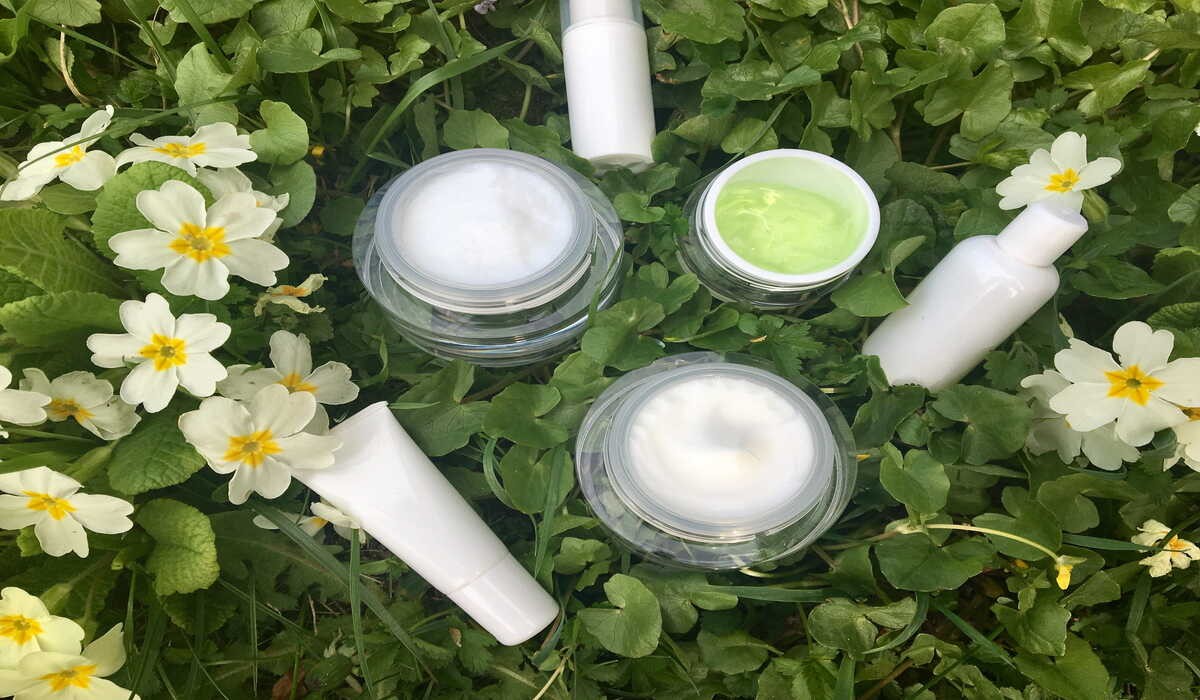
What Makes a Product Organic?
First, let’s clarify what exactly “organic” means when it comes to products. Organic refers to items that are grown or produced using natural methods, avoiding synthetic chemicals like pesticides, herbicides, and artificial additives. Organic certification and labelling are crucial in ensuring that products meet strict standards set by organic farming organisations. So, when you see that organic label, you can be confident that it’s the real deal.
Health Benefits of Organic Products
- Nutritional Advantages: Organic food is packed with nutrients and often contains higher levels of essential vitamins and minerals compared to conventionally grown counterparts.
- Reduced Chemical Exposure: Choosing organic reduces exposure to harmful chemicals that may linger in conventional produce, promoting a healthier lifestyle.
- Potential Health Risks: Conventional products may carry pesticide residues, which have been linked to certain health issues, making organic alternatives a safer option.
Environmental Impact
Organic isn’t just good for our bodies; it’s also a win for the environment! Organic farming practices prioritise sustainability and focus on preserving the health of our planet. By avoiding chemical fertilisers and pesticides, organic farmers protect soil quality and safeguard groundwater from contamination.
Did you know that organic farming promotes biodiversity? Yep, it’s like hosting a party for all sorts of beneficial critters! Bees, butterflies, and other pollinators thrive in organic environments, supporting the health of surrounding ecosystems.
Debunking Myths and Misconceptions
- Organic is more than just marketing: Organic represents a comprehensive approach to sustainable agriculture and production, embracing natural methods to nurture our environment.
- Cost consideration: While some organic products may bear a slightly higher price tag, view it as an investment in your health and the environment, with prices becoming more competitive as demand rises.
- Commitment to authenticity: Recognise that organic certification labels, such as USDA Organic or the EU organic logo, guarantee the genuineness of organic products.
- A path to safer choices: Organic products reduce your exposure to harmful chemicals found in conventional produce, promoting a healthier lifestyle.
- A sanctuary for nature: Organic farming fosters biodiversity and nurtures ecosystems, offering a haven for beneficial pollinators like bees and butterflies.
- Supporting sustainability: Choosing organic means supporting local farmers and contributing to a more sustainable future for all.
- It’s a lifestyle choice: Using organic products means you are designing your lifestyle and choosing healthy and sustainable living. You are also inspiring future generations by teaching them an eco-friendly lifestyle. It’s a great way to promote greener Earth so that our future children can live happily.
Economics of Organic Products
Speaking of prices, let’s take a closer look at the economics of organic products. Why do they sometimes cost more than their conventional counterparts? Organic farming requires more labour and relies on natural methods, which can be less efficient than conventional industrial processes. But fret not; there’s a silver lining!
Supporting local and organic farmers is not only beneficial for the environment but also for our communities. By buying organic products, especially from local farmers, you contribute to a more sustainable future and help support livelihoods in your area.
Organic Products Beyond Food
We’ve mainly focused on organic food, but did you know that the organic movement extends beyond our plates? Oh yes, it does! Organic cosmetics and personal care products, such as organic shampoo, organic bath products, etc., have been gaining popularity too. These goodies are free from harmful chemicals and are kinder to your skin and hair. Time to give your beauty routine a green makeover!
Eco-friendly cleaning products are another fantastic option. They keep your home sparkling clean without releasing harmful toxins into the environment. Organic textiles and sustainable fashion have become a hot trend among eco-conscious fashionistas.
Making Informed Choices: Tips for Consumers
- Trust Recognized Certification Labels: Look for USDA Organic or EU organic logos to ensure authentic organic products. With all the hype around the term organic, everyone is tempted to put their symbol on their products, even though they are not organic. Look carefully for authentic and certified labels before you drop them in your cart.
- Embrace Local and Seasonal Organic: Support local farmers and reduce carbon footprint by choosing locally-grown organic produce. You will not only get the best ingredients but also get a chance to support the small farmers who struggle each day to give fresh and organic produce.
- Diversify Your Organic Choices: Explore organic personal care, beauty, cleaning products, and textiles for a holistic, organic lifestyle. Design your routine so that you are not relying too much on artificial products, especially food and textiles.
- Be Mindful of Budget: Remember that supporting organic farming invests in a sustainable future, balancing costs with broader benefits. You can also save a significant amount of money that you otherwise spend on medicines and hospitalization.
- Educate Yourself on Standards: Familiarise yourself with regional organic regulations for more informed decisions.In this modern world, it’s not difficult to get the right information on organic products and how to use them. Look for genuine and well-versed articles so that you gain knowledge on organic standards and certifications.
- Look for Relevant Certifications: For non-food products, seek certifications like GOTS for textiles or COSMOS for cosmetics.
Conclusion:
Congratulations, eco-warrior! You’ve now unlocked the secrets of the organic products world. Armed with knowledge, you can confidently navigate the aisles, making informed choices that benefit your health and the environment. Remember, every organic choice you make contributes to a greener, healthier future for all. So, you’re making a positive impact, whether it’s a crisp organic apple, a soothing organic skincare product, or a chic pair of sustainable jeans. Let’s continue cultivating a world where organic products thrive and sustainability reigns supreme. Together, we can nurture a better planet for generations to come. Happy organic living!
Comments
comments